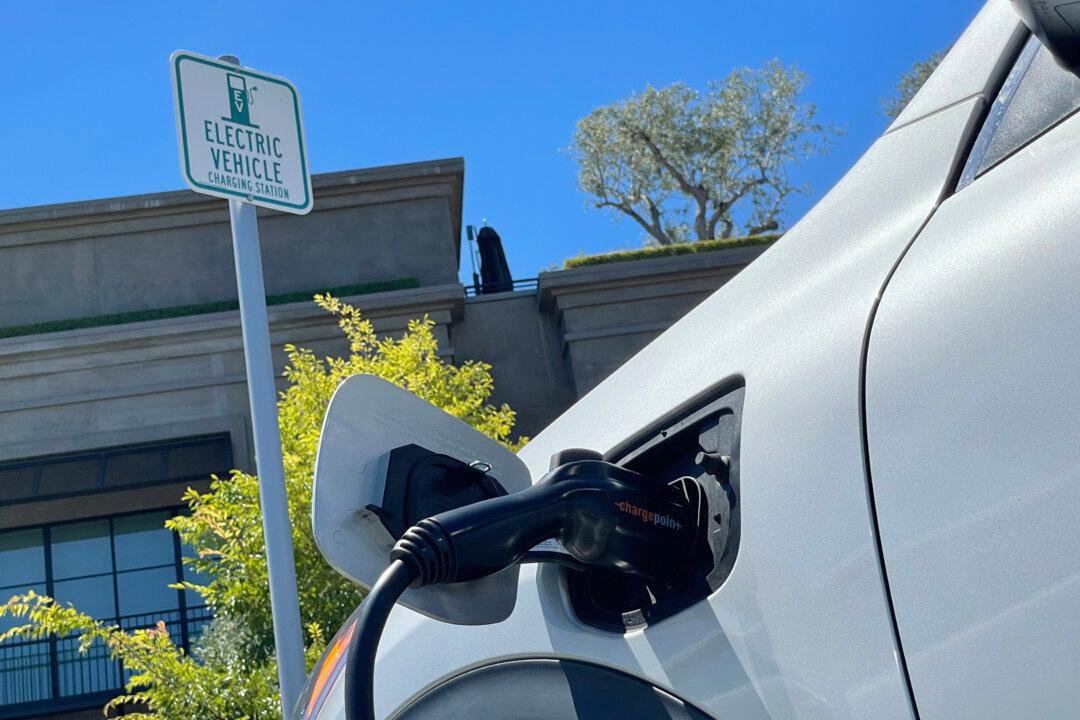Industry experts are warning electric vehicle (EV) makers like Tesla to produce battery packs that are more easily repairable and to provide third-party access to battery cell data, or risk already-high insurance premiums surging further and effectively wiping out the incentives of going electric.
EVs have been regularly touted among Americans by the Biden administration amid the president’s bid to ensure that half of all new vehicles sold in the country in 2030 are electric or plug-in electric hybrids.




